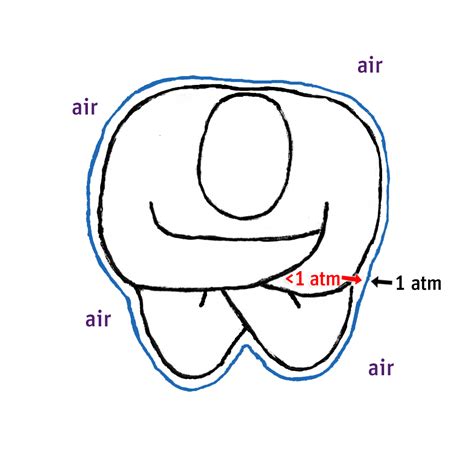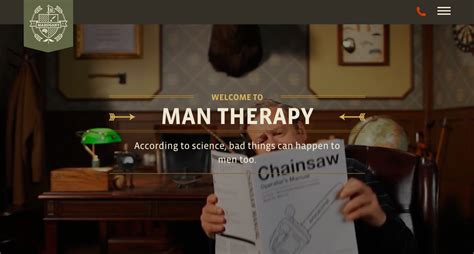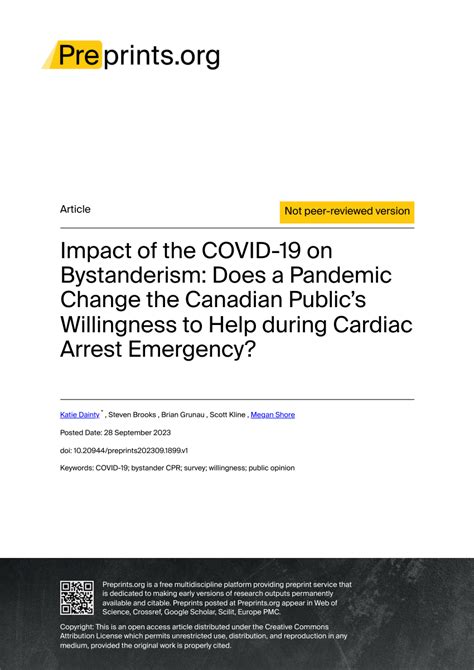The Weight of Self-Reliance: Understanding the “Figure It Out” Mandate
Many men experience a profound internal drive, often reinforced by societal expectations, to be self-reliant, capable, and a problem-solver. This deeply ingrained pressure to “figure it out” independently, without external assistance or admitting confusion, forms a significant barrier to vulnerability, affecting their willingness to seek help or even acknowledge uncertainty.
The Roots of the Pressure
From an early age, boys are frequently, sometimes subtly, taught that strength equates to stoicism and independence. Cultural narratives often celebrate the lone hero, the man who conquers challenges by his own wits and resilience. Phrases like “man up,” “don’t be a baby,” or “handle it yourself” implicitly communicate that asking for help or showing weakness is unmasculine. This upbringing instills a powerful belief: true competence means having all the answers and handling every challenge alone, fostering a fear of appearing incompetent or inadequate.

Impact on Help-Seeking Behavior
This internal pressure directly translates into a pronounced reluctance to seek help, whether for mental health struggles, professional setbacks, or personal relationship issues. For many men, reaching out for support is perceived as an admission of failure or a sign of weakness, striking at the very core of their perceived self-worth. They might delay seeking medical advice for physical ailments, avoid therapy despite experiencing significant emotional distress, or struggle to confide in friends and family even when overwhelmed. The perceived cost of losing face often outweighs the potential benefits of support.

The Fear of Admitting Uncertainty
Beyond seeking help, the pressure extends to admitting uncertainty. In professional environments, a man might meticulously research or stubbornly proceed with a flawed plan rather than utter the phrase “I don’t know” or ask for clarification, fearing it will diminish his authority or expertise. This can lead to inefficient decisions, missed opportunities for learning, and increased stress. In personal relationships, it can manifest as an unwillingness to discuss doubts, ask for advice, or share insecurities, creating emotional distance and potentially alienating partners or family members who wish to offer support.

Consequences of Suppression
The long-term consequences of this suppression are significant and often detrimental. Unaddressed problems, chronic stress, and bottled-up emotions can contribute to burnout, anxiety, depression, substance abuse, and even physical health issues. Furthermore, the inability to express vulnerability or seek support can strain relationships, leaving partners and family members feeling shut out, helpless, or unable to connect authentically. The isolation fostered by this “figure it out alone” mentality can be profoundly damaging to a man’s overall well-being.

Breaking the Cycle: A Path Forward
Challenging this deeply ingrained mindset requires a conscious shift, both individually and culturally. Encouraging men to redefine strength not as solitary endurance but as the wisdom to leverage resources, including the insights and support of others, is crucial. Viewing help-seeking as a proactive and intelligent strategy for problem-solving, rather than an admission of inadequacy, can begin to dismantle these barriers. Redefining masculinity to embrace emotional intelligence, vulnerability, and collaborative thinking can pave the way for healthier coping mechanisms and more fulfilling lives.
Fostering open conversations about mental health, leading by example, and creating supportive environments where men feel safe to express doubts, admit uncertainty, and ask for guidance are vital steps. Empowering men to understand that true competence involves knowing when and how to seek help, and that shared burdens are lighter, is key to fostering well-being and breaking free from the self-imposed isolation of the “figure it out” mandate.

Conclusion
The internal pressure to “figure it out” is a formidable, yet often invisible, barrier impacting men’s willingness to seek help and admit uncertainty. By understanding its societal roots and actively working to dismantle these restrictive norms, we can empower men to embrace vulnerability, seek the support they need, and thrive in all aspects of life. This shift benefits not only individual men but also contributes to a more compassionate, connected, and emotionally intelligent society for everyone.




